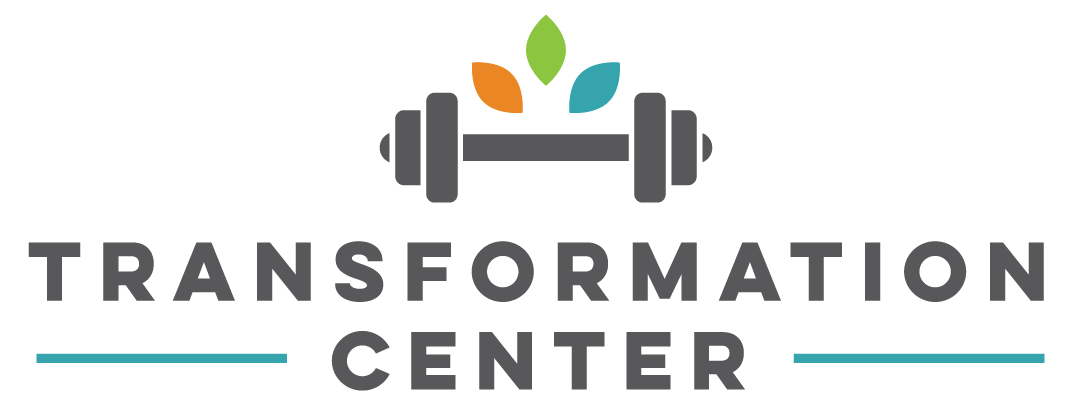
Embarking on a journey towards better health and fat loss often involves making significant lifestyle changes. While these changes are crucial for personal well-being, they can sometimes create social challenges, particularly during holidays, social gatherings, and situations involving peer pressure. Friends and family might not always understand or support these changes, leading to potential conflicts and feelings of isolation. In this article, we’ll explore these social challenges and provide strategies to navigate them effectively, including setting boundaries and possibly distancing oneself from unsupportive influences. We’ll also offer three key ways to succeed long-term.
3 Major Social Challenges
- Holidays and Celebrations
Holidays and celebrations are typically centered around food and drink, which can make it challenging to stick to healthy eating habits. Traditional dishes and festive treats often come with high calorie counts and temptations.
- Dining Out and Social Events
Eating out with friends or attending social events can be difficult when you’re trying to maintain a healthy diet. Restaurant menus often feature calorie-dense options, and portion sizes can be larger than necessary. Additionally, socializing over food and drinks is a common way to connect with others, and opting for healthier choices can sometimes lead to feeling left out.
- Peer Pressure and Judgment
Friends and family may unintentionally sabotage your efforts by encouraging you to indulge or questioning your choices. Comments like “Just have one,” or “You don’t need to lose weight,” can create pressure to conform to the group’s eating habits. Judgment from others about your new lifestyle can also be discouraging.
Strategies to Navigate Social Challenges
- Plan Ahead
- Holiday Gatherings: Before attending a holiday gathering, eat a small, healthy meal or snack to avoid arriving hungry. Offer to bring a nutritious dish to share, ensuring there will be at least one healthy option available.
- Dining Out: Review restaurant menus in advance to identify healthier options. Don’t hesitate to ask for modifications, such as dressing on the side or substituting vegetables for fries.
- Communicate Your Goals
- With Friends and Family: Openly communicate your health goals with friends and family. Explain why these changes are important to you and how their support can make a difference. This can help set the stage for understanding and reduce pressure.
- Set Boundaries: Politely but firmly set boundaries around food and drink. For example, you might say, “I’m focusing on my health right now, so I’ll pass on dessert today.”
- Create a Support System
- Find Like-Minded Individuals: Seek out friends, family members, or online communities who share similar health goals. Having a support system can provide motivation and accountability.
- Professional Support: Consider working with a nutritionist, coach, or therapist who can offer guidance and support as you navigate social challenges.
Why Setting Boundaries is Crucial
Setting boundaries is essential for maintaining your health changes. Without clear boundaries, it’s easy to fall back into old habits, especially when faced with social pressures. Here’s why setting boundaries might sometimes mean distancing yourself:
- Protecting Your Progress: Unsupportive environments can hinder your progress. By setting boundaries, you create a safe space to focus on your goals.
- Reducing Temptations: Distancing yourself from situations or people that consistently encourage unhealthy behaviors helps reduce temptations.
- Prioritizing Mental Health: Constant pressure and judgment can take a toll on your mental health. Setting boundaries helps preserve your well-being and self-esteem.
Three Ways to Succeed Long Term
- Develop a Positive Mindset
- Self-Compassion: Be kind to yourself throughout your journey. Understand that setbacks are normal and use them as learning experiences rather than reasons to give up.
- Focus on Progress, Not Perfection: Celebrate small victories and progress towards your goals rather than striving for perfection.
- Make Sustainable Changes
- Incremental Adjustments: Implement small, manageable changes to your diet and lifestyle. Gradual adjustments are more sustainable and less overwhelming.
- Enjoyable Activities: Find physical activities you enjoy to make exercise a regular and enjoyable part of your routine.
- Prioritize Nutrient-Dense Foods
- High-Protein Foods: Incorporate high-protein foods to support muscle maintenance and satiety. Lean proteins like chicken, fish, beans, and legumes are excellent choices.
- Fiber-Rich Foods: Foods high in fiber, such as fruits, vegetables, whole grains, and legumes, promote fullness and digestive health.
- Voluminous Foods: Opt for low-calorie, high-volume foods like leafy greens, water-rich fruits, and broth-based soups to help manage hunger and reduce calorie intake.
Navigating social challenges during a fat loss journey requires planning, communication, and setting boundaries. By preparing for social events, communicating your goals, and creating a supportive environment, you can maintain your healthy habits and avoid feeling isolated. Setting boundaries, and sometimes distancing yourself from unsupportive influences, is crucial for protecting your progress and mental health. By developing a positive mindset, making sustainable changes, and prioritizing nutrient-dense foods, you can achieve long-term success and create a healthier, more balanced life.

Recent Comments